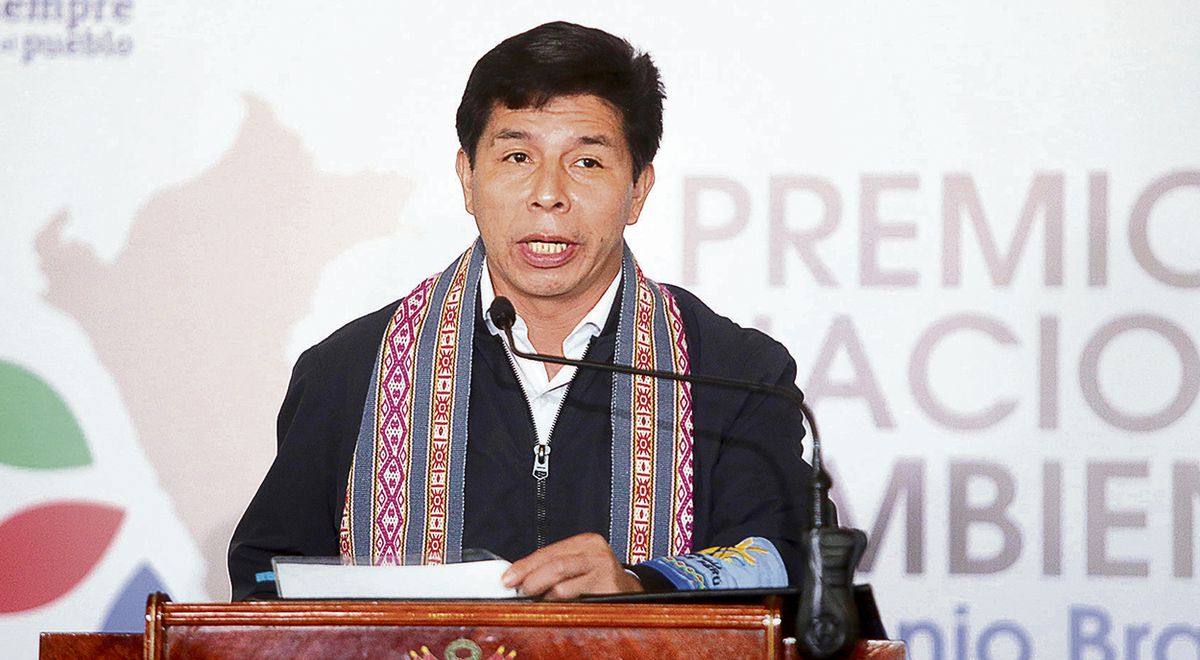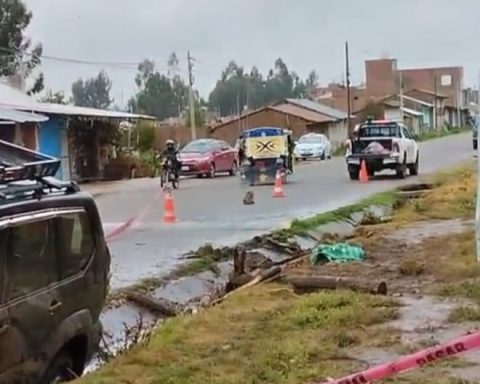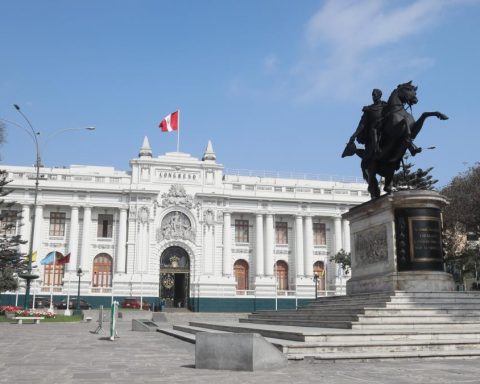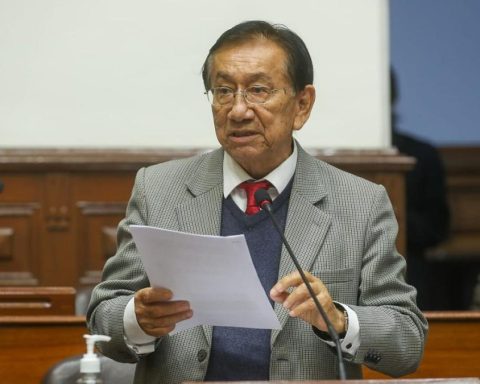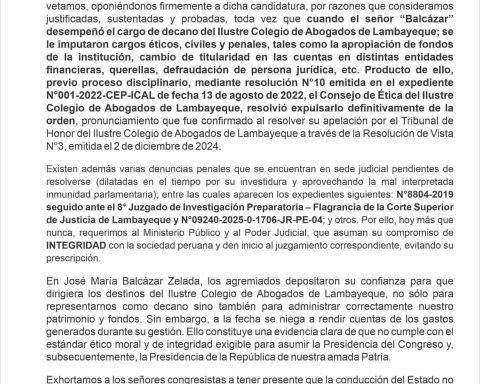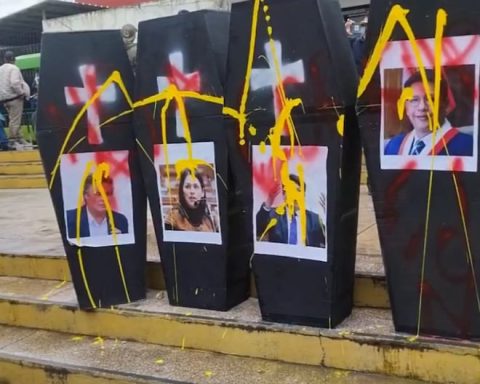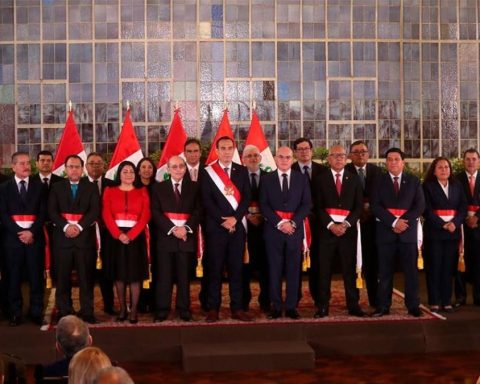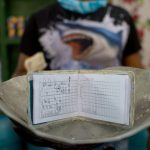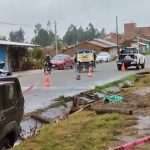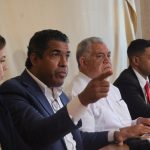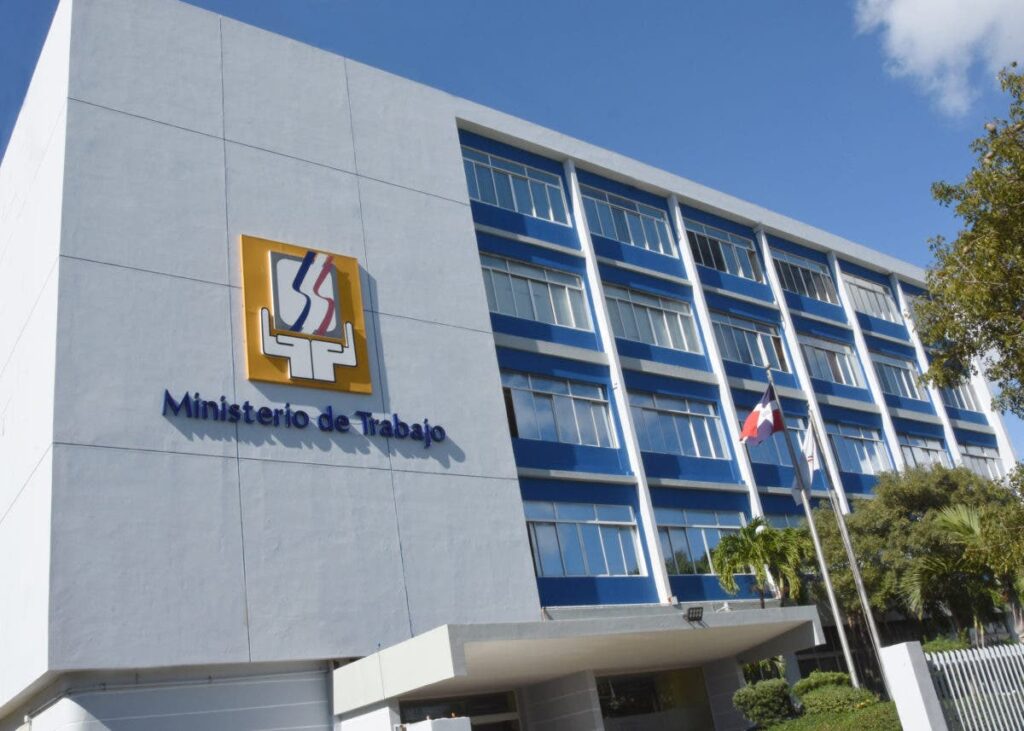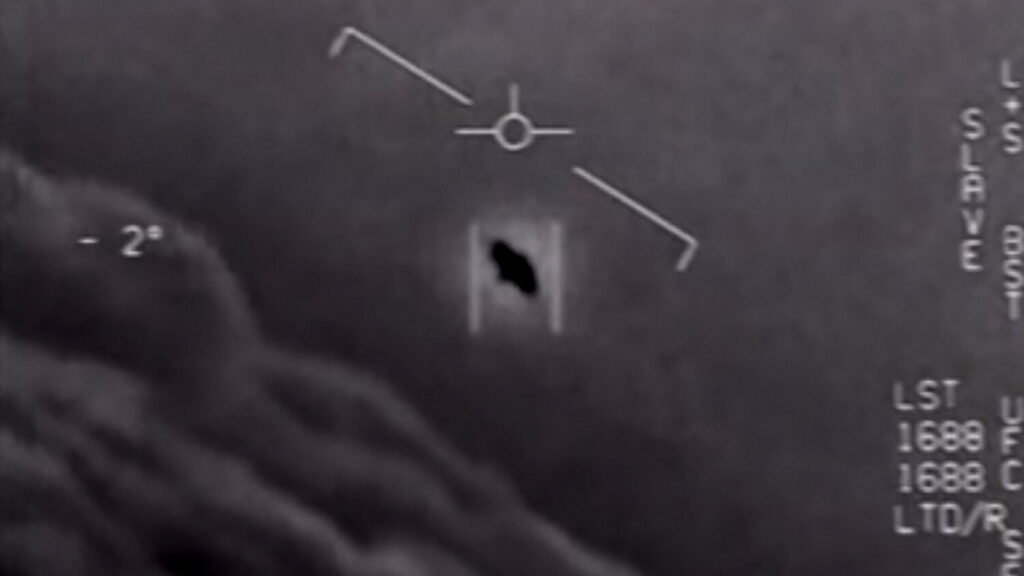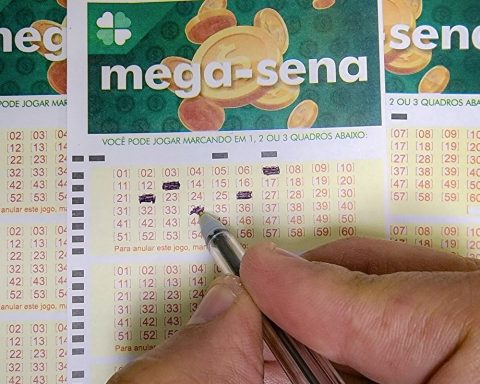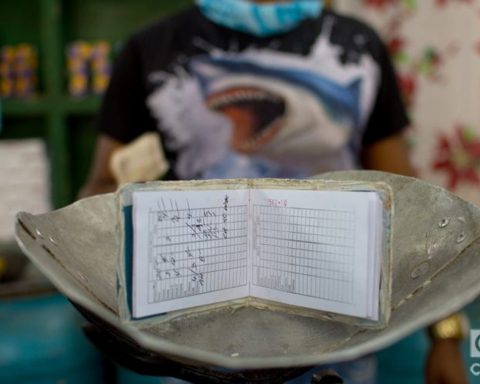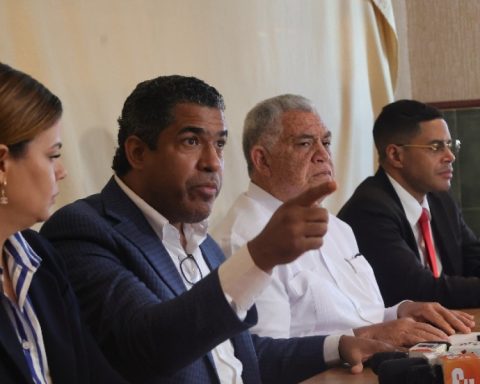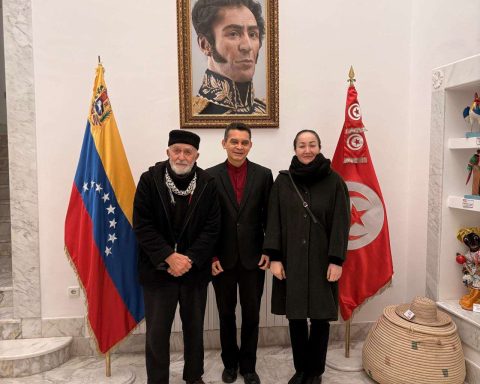President peter castle participated this Tuesday, May 17, in a new session of the Decentralized Council of Ministers, this time in the province of Huanuco. The president took the opportunity to announce some proposals promoted by the Executive that could benefit that town.
Among the main initiatives taken within this council, the request that the head of state made to his ministers Félix Chero (Justice) and Alfonso Chávarry (Interior) stands out, with the intention of establishing an anti-corruption commission in the province.
“I make a call so that now in the afternoon Let’s sit down and talk in my presidential office with the Minister of Justice and the Minister of the Interior, so that an anti-corruption commission can be established in Huánuco.”he indicated.
YOU CAN SEE: Bruno Pacheco and Fray Vásquez Castillo with search and arrest warrant abroad
At another point, Castillo defended the activities carried out by the Government, saying that the decision to have decentralized councils was made because they did not want to act like “those traditional parties”who had decades to lead the country, “but never did.”
He added that during his administration “it is the people who have to govern, it is the people who have to set the agenda.” In that line, He appealed to the “good will” of the congressmen to put up for debate the bill presented by the Executive for the mass use of gas.
The head of state justified the political crisis in which the country finds itself indicating that this is the Peru that he has found; and as a measure to solve it, he urged the ministers to attend personally to the mayors of each locality.
YOU CAN SEE: María del Carmen Alva: “We are the true representatives of the people”
Lots of advice, little transparency
There are questions regarding the decisions made during these training sessions. Decentralized Councils of Ministers and their execution. This after some congressmen and other institutions alerted the little transparency that there is with respect to these activities, since as the only documentation only a record has been presented with which it was discussed during the decentralized session of October 29 last year.
Given this, ministers such as Dina Boluarte and Diana Milaslovich declared the existence of the minutes. Boluarte, Second Vice President and Minister of Development and Social Inclusion, stated that the minutes were there, but that she should ask the PCM.
Milaslovich, head of the Ministry of Women, pointed out that there would probably be a report by the Council of Ministers on the meetings, but that the modality that is being carried out is that of a rapporteurship by sector.
